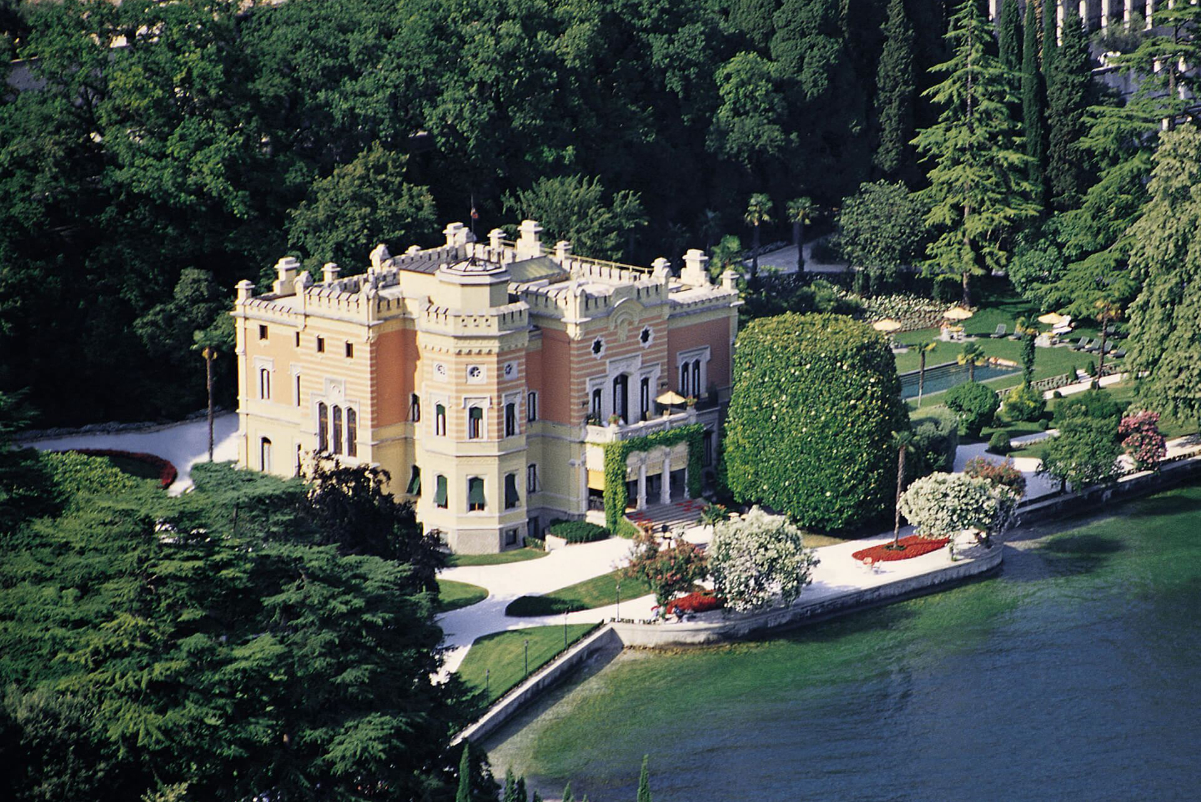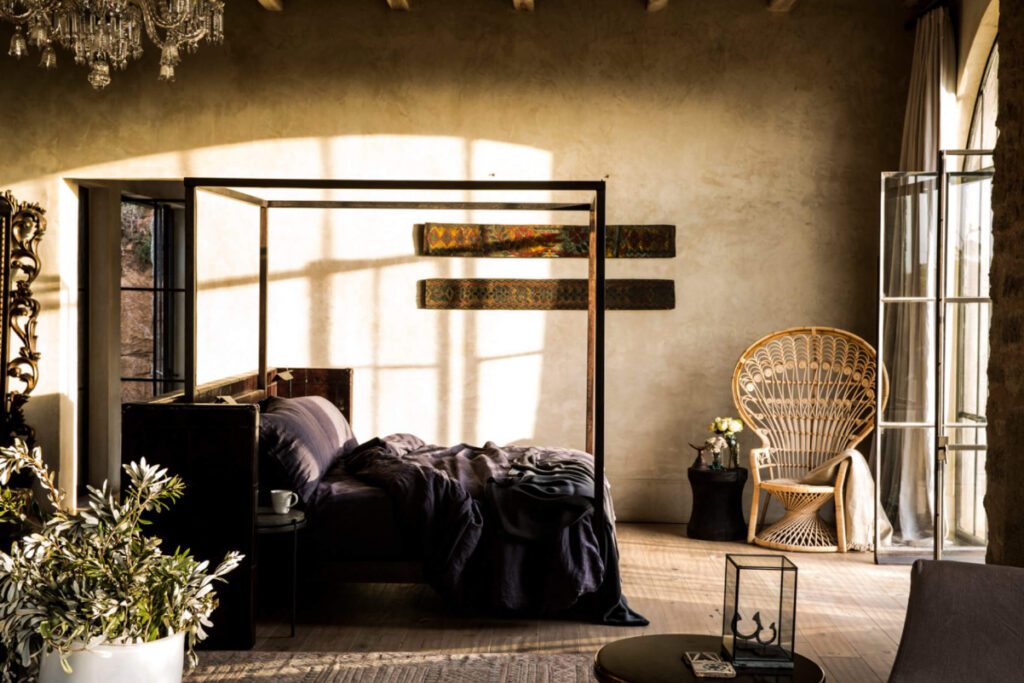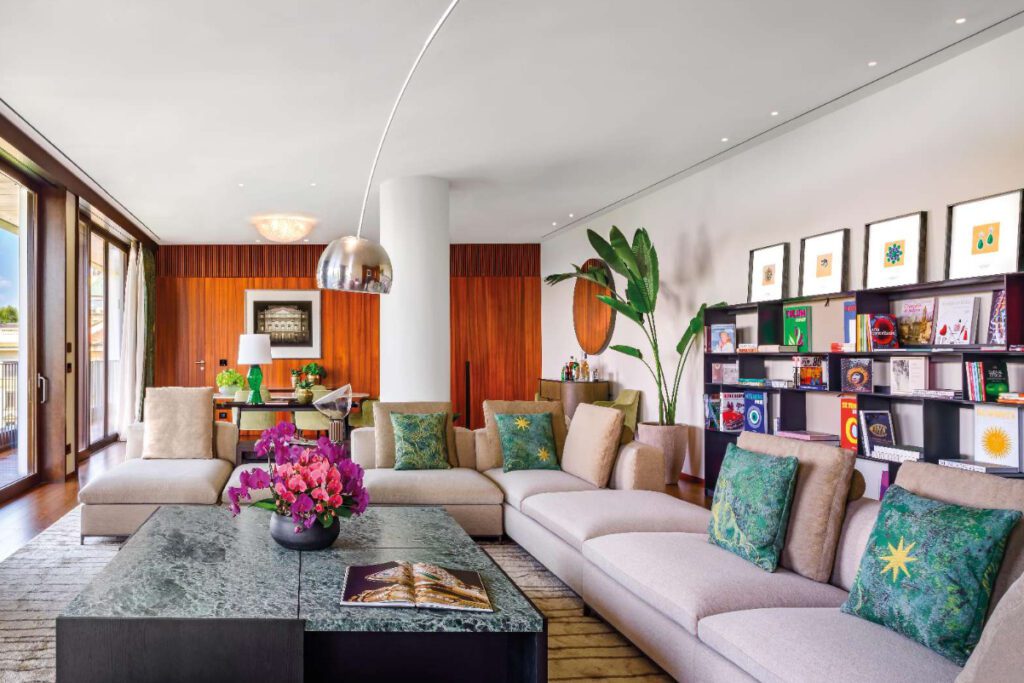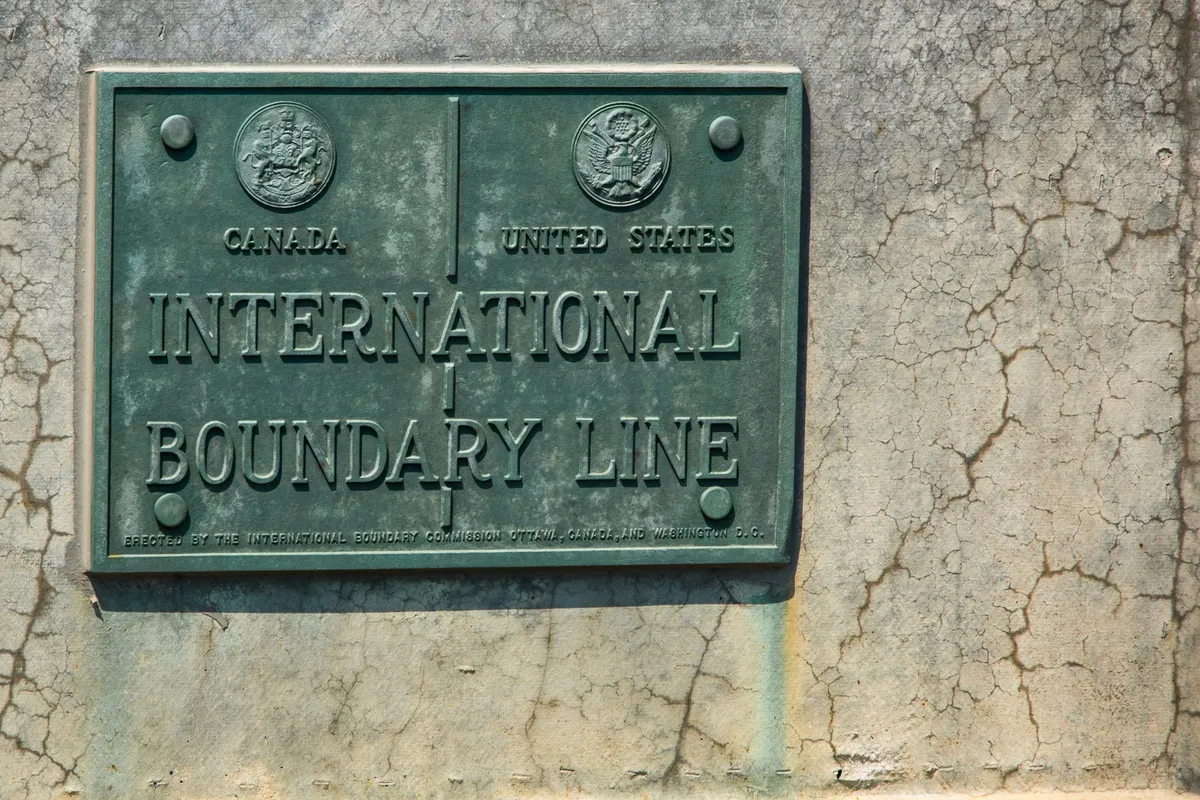Ultra-Luxury Hotels: Secrets of Successful 5-Star Stays

Skift Take

Early Check-In
Editor’s Note: Skift Senior Hospitality Editor Sean O’Neill brings readers exclusive reporting and insights into hotel deals and development, and how those trends are making an impact across the travel industry.Ultra-luxury hotels — think of brands like Aman, One&Only, Rosewood, and The Peninsula — don't always perform to their full potential.
- Discerning travelers can’t always know in advance how good a given property might be.
- The issue matters. Demand is outpacing supply. Over the next decade, 46,000 additional ultra-luxury hotel rooms are forecast to open around the world, according to brokerage JLL.
- Yet the ranks of the wealthy will likely expand even faster. The count of ultra-high net worth individuals is predicted to rise by 28.5% between 2022 and 2027, Knight Frank said.
A few factors cloud the ability of discerning travelers and hotel investors to get good info.
- Travel concierges and social media influencers may take kickbacks from properties, biasing their advice. Some websites may rely on free stays to vet properties, and so they pull punches.
- Ultra-luxury properties in non-urban locations may not have a lot of repeat guests. Well-off travelers may prefer variety, so even if they like a hotel, they may not return for quite some time.
- Ultra-luxury properties tend to be small. At the extreme, some exclusive properties — such as a solitary villa on an island — may draw only a handful of guests a year. That doesn't give a lot of data points about what's right and wrong.
- So many of the points of failure are in subtle points of execution that investors won't see if they don't stay at length at a property themselves.
- High-net-worth guests are usually quite private and are less likely to post reviews publicly or take the time to fill out Medallia/Qualtrics surveys.
So what to do? One option is to find an expert who has relatively few incentives to mislead you. Some examples include:
- The Gallivanter’s Guide by Philippe Servais.
- Wendy Perrin.
- Many of the agents that belong to the Virtuoso network.
Thomas Cahalan, founder of Dorsia Travel, also has the credibility to talk about ultra-luxury hotels.
- Cahalan made a lot of money in his twenties from a software development business he founded. He then paid out of pocket to stay at ultra-luxury hotels.
- For years, he shared insights from his stays on a blog and in forums like FlyerTalk.
- He frequented ultra-luxury hotels so often that he found his future wife while she was working at one of them.
- They eventually set up an agency, Dorsia Travel. Today it only has a few dozen ultra-high-net-worth clients at a time.
Just because a hotel or resort is charging thousands — or tens of thousands — a night doesn’t mean it’s performing to the highest standard, Cahalan has learned.
- “It’s one of the contradictions of this whole industry,” Cahalan said.
- “In September, I stayed at Hotel Il Pellicano in Tuscany, which has this incredible reputation and is part of LHW [Leading Hotels of the World],” he said. “Honestly, there was nothing good about the property at all other than the nice location.”

Cahalan said one data point that can be a useful signal is whether an ultra-luxury hotel is owner-operated.
- “The best properties are often either managed and owned by the same company, or the owner is heavily involved,” Cahalan said.
- To be sure, ownership is just one signal.
- “The thing about owner-led businesses is sometimes there’s no third party to tell them what they’re doing wrong,” Cahalan acknowledges. “If an owner doesn’t invest in a property, the value of the asset may still rise because of its location.”
- “Ideally, the management company is also hand-in-hand with the owner because the management company is incentivized by getting a cut of fees to boost repeat guests.”
Cahalan’s broader point is that the best ultra-luxury hotels rely on engaged owners, not just branding and investors.
- If a brand is scaling up rapidly because it’s fueled by investor money, quality control can suffer.
- “You don’t want some private equity looking to get in and out as quick as they can,” he said.
- Aman, which has received more than a billion in funding to scale up, is a brand he is keeping an eye on, even though he’s had good experiences at many of its properties.
- “In most cases, you can pick an Aman and know it’s the best that a destination can offer,” Cahalan said. “But that’s certainly not true in Courchevel. Older properties can lose their shine, too, like Amanpulo, as the competition catches up. Yet Aman Tokyo is phenomenal.”
- Four Seasons is another brand Cahalan is eying watchfully. “The Four Seasons Sydney has more than 500 rooms,” he said. “What do you stand for at a brand when I don’t know what I’m going to get depending on where I go?”
Cahalan named some examples of owner-operated properties that he said keep high standards:
- Alpina Gstaad, a 56-room ultra-hotel that cost $336 million to build in 2012 and is owned by Jean Claude Mimran, who made a fortune as a sugar refiner in West Africa, and Marcel Bach, a developer. “In Switzerland, owning a hotel is the equivalent of owning a football team,” Cahalan said.
- Arijiju House, a five-bedroom house that can be rented out, is within the Borana Conservancy in Laikipia, Kenya. The Nigerian-born owner worked with architects to design Arijiju as both a family home and luxury retreat, with profits partly used to support wildlife conservation.
- Airelles, a France-based chain, owns all of its properties in France and Italy. It keeps updating them, such as by reducing room counts to increase room sizes to adapt to contemporary space preferences.
- The Peninsula has full ownership of the properties in Hong Kong, Tokyo, Bangkok, New York, and Chicago and part ownership of the hotels in Shanghai, Beijing, Manila, Paris, and Beverly Hills. A similar story holds for LVMH’s Cheval Blanc. Cahalan says the standards are consistent across properties he has visited.

Ultra-luxury hotels have to court divergent customer segments. Tastes in decor, service, and vibe differ by whether a guest is:
- a Saudi prince.
- an American road warrior using loyalty points.
- a youthful Silicon Valley upstart or a Connecticut hedgie (hedge fund trader).
- a European old-money traveler.
- a Chinese princeling.
- a Russian oligarch.
Top service takes nuance to cater to diverse uber-wealthy guests.
- “I stayed at the Bulgari Rome last month, and they let me peek into the top suite before I left — referenced in a New York Times article as $41,000 a night and was €30,000 a night that night — and I could go in because someone just checked out and the rumor was the guest had been a Middle Eastern prince,” Cahalan said. “But I’d say most of the hotel’s guests, looking anecdotally in the lobby, were Americans that particular week.”
- “Hotels can’t afford to live off of a proverbial €30,000 a night room,” Cahalan said. “Here in London’s Mayfair, The Connaught Hotel used to sometimes have guests from the Middle East book out entire floors for something like months on end. But that’s pretty rare for any property.”
- It can be tricky for a hotel investor to suss out if their property caters to all types of guests appropriately when the reports they get back are all second- or third-hand.
- The best ultra-luxury hotels have essentially two tiers of service, one for high-net-worth travelers and one for those who are proverbially in the top 0.1%.
- The laggards try to appeal to all types, which often means they disappoint too many guests of all types.
Here's a key point for investors to watch: These dynamics pose a problem for the largest hotel groups. The social elite wants exclusivity, not points redeemers.
- Hotel giants such as Marriott, Hilton, Hyatt, Accor, and IHG face headwinds with their highest-tier brands.
- Ultra-high-net-worth customers don’t, as a generalization, want to be surrounded by people cashing in points for free trips. The well-to-do would rather be with people more like themselves, so to speak.
- That limits how enthusiastic they’ll ever be about globally branded ultra-luxury hotels and resorts. And without earning the cachet of being on the "it" lists of the truly wealthy, a hotel faces a glass ceiling on its financial performance.

Privacy versus sociability is another fault line.
- “If you’re on the Forbes List, your home probably doesn’t have someone five meters away from you able to hear your conversations,” Cahalan said. "So a similar level of privacy is what you probably want in a hotel."
- One hotel that gets privacy right in Cahalan's view is The Grand Hotel a Villa Feltrinelli, owned by Markus Odermatt. The hotel, on Italy’s Lake Garda, has a handful of suites. “But it feels like there’s no one else there,” Cahalan said.
- “On the other hand, some people, especially Americans, are sociable and partly want to hang around other people like themselves," he said. "Getting to an exclusive property for many of them is about knowing you might make a connection with similar people."
- The best ultra-luxury hotels typically provide guests an opportunity for privacy as well as a chance to socialize, depending on guest preference.
- Taking another approach: Aman has decided to launch Janu as a more social brand, leaving its flagship Aman brand to be more about seclusion.
The demand for ultra-luxury is growing faster than supply.
- In response, renting out whole islands or resort areas for exclusive use is becoming more popular.
- “It’s been years since the last great ultra-luxury property opened in the Caribbean, one of the most lucrative markets in the world,” Cahalan said. “But I could come up with a whole list of private islands you can rent because that’s becoming more popular.”
One test of good performance is how an ultra-luxury hotel manages its “stay list.”
- For years, travel concierges and personal assistants have notified hotels in advance of the preferences of a guest, such as only having still water if the guest dislikes sparkling and making sure the slippers are in the guest’s size.
- “But a lot of hotels have now taken to asking for that information from guests upfront in an automated way,” Cahalan said. “Cheval Blanc asks something like 27 questions, for instance.”
- “The worst possible thing a hotel can do is not pay attention to the stay list,” Cahalan said. “It insults the guest by making it seem their time was wasted or that they’re not receiving personalized service.”
What do you think? Tell me. I'm at so@skift.com and on LinkedIn.





